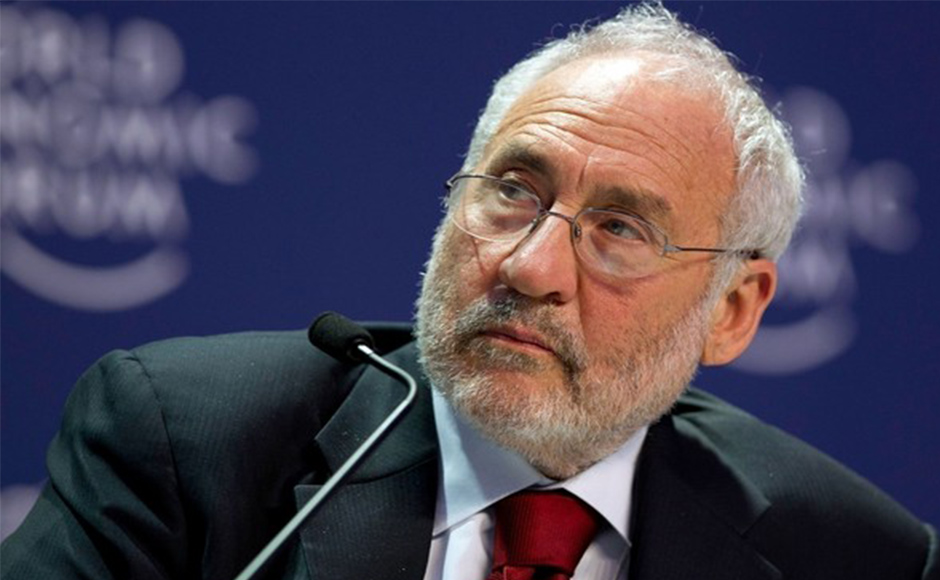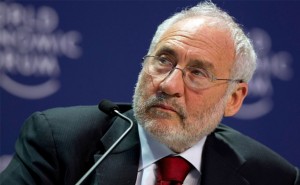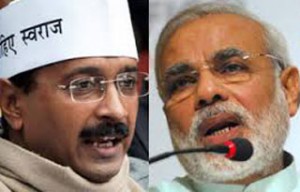
Indian economy grew by 7.5 per cent and outpaces China!


Indian economy grew by 7.5 per cent unexpectedly in the 3 months ending in March 2015, higher than previous quarters, and outpaced China in the last two quarters. The country’s annual growth for the year 2014-15 is 7.3 per cent.
If more population of an economic system have disposable income, then only does the demand for goods and service become necessary to make investment to increase the supply and meet the increased demand. One should realize how inequality in wages retards growth and slows the economy. Jobs are created by demand. So many people have so little or no disposable income, as wages have not kept up. Can’t make profit if almost no one could afford to buy what you are selling. Growth begins with ideas and ideas can instill demand, and investment can fill that need.
The Washington Post met with Google Founders Sergey Brin and Larry Page in 1998 and refused to back their company. People living through an age of revolutionary change usually fail to grasp what is going around them!
THE GREAT DIVIDE: UNEQUAL SOCIETIES AND WHAT WE CAN DO ABOUT THEM
Joseph Eugene Stiglitz, 73 year old American economist, and president of International Economic Association, with over 40 honorary doctorates and a professor at Columbia University and recipient of the Nobel Memorial Prize in Economic sciences (2001) and John Bates Clark Medal (1979) He is a former senior vice president and chief economist of the World Bank and is a former member and chairman of the (US president’s) Council of Economic Advisers. He is also known for his critical view of the management of globalization, free-market fundamentalists (economists), International Monetary Fund the World Bank.
Stiglitz’s work focuses on income distribution, asset risk management, corporate governance, and international trade. He is the author of several books, the latest being the best seller, The Great Divide: Unequal Societies and What We Can Do About Them.
In the Price of Equality, Joseph Eugene Stiglitz describes, how unrestrained power and raging greed are writing the epitaph for the American dream, and if India is not careful and tame the excessive greed of the rich and famous served by their power, and their over reaching desire more than ones share. If Narendera Modi is depressed at the ineffectiveness of his plan A, then he should turn to Stiglitz laconic explanation, reducing taxes and cutting spending, shrinking government and increasing deregulations destroys jobs and demands. Rather than wealth trickling down to grass roots, it rapidly found its way to the pinnacle of the pyramid. Modi to his credit have taken steps towards achieving economic balance such as implementing the rural employment guarantee scheme aimed at supporting the poor. Modi’s policies in India, will dominate for years to come, and his philosophy should be to embrace first not all who fall are fraudsters; some bite the dust through sheer bad luck, others because, the times were too challenging. Honest persons who failed should not be written off! They should be encouraged to start again because we need men or women of that type of grit and determination. It is after all entrepreneurs of this type who are, or should be, the backbone of Free Market Economy.
As Stiglitz explains, these policies are protected by myths, not least that the highest paid deserve their excessive riches. Stiglitz advocates full employments, investment in education, technology and new roads, stringent regulation and transparent accountability. Stiglitz also writes “ paying attention to everyone else’s self-interest- in other words to the common welfare- is the precondition for one’s own ultimate wellbeing. It’s not just good for the soul; it is good for business. ” Sadly people with greed, covetousness and an insatiable desire to have what rightly belongs to others never understood- and we are all paying the high price. Excessive indebtedness among the poor will cause instability in the economy. It is very important to use good bankrupt laws to help the poor overcome indebtedness in the absence of which there will be a lot of suffering. Trickle down effect is very important in emerging economies and equality of opportunities among all sections of the population.
Every religion, every culture condemns the sin of greed; and yet the whole world is a victim of greed. Thomas Aquinas wrote “Greed is a sin against God, just as all mortal sins, in as much as man condemns things eternal for the sake of temporal things.” “Human Greed lie somewhere between the gorgeous drones of Stars of the Lid and the haunting and solemn “Symphony No. 3” says Henryk Górecki. The oily darkness that the music conjures up gets deeper and deeper with every listen, a resonant and otherworldly tremor that is at once human and sublime.” Brainwashed
A very wealthy man, for example, may be considered “greedy” in error, if such wealth was planned for some great achievement or building project.
Ivan Boesky famously defended greed in a May 18, 1986, commencement address at the UC Berkeley’s School of Business Administration, in which he said, “Greed is all right, by the way. I want you to know that. I think greed is healthy. You can be greedy and still feel good about yourself”. This speech inspired the 1987 film Wall Street, which features the famous Gordon Gekko line “greed, for lack of a better word, is good. Greed is right, greed works. Greed clarifies, cuts through, and captures the essence of the evolutionary spirit. Greed, in all of its forms; greed for life, for money, for love, knowledge has marked the upward surge of mankind.”
Greed (Latin, avaritia), also known as avarice, cupidity, or covetousness, is the inordinate desire to possess wealth, goods, or objects of abstract value with the intention to keep it for one’s self, far beyond the dictates of basic survival and comfort. It is applied to a markedly high desire for and pursuit of wealth, status, and power.
Apart from Stiglitz, Raghuram Rajan, Paul Krugman, Michael J Sandel all eminent economists trying to instill a sense of mortality into capitalism.
